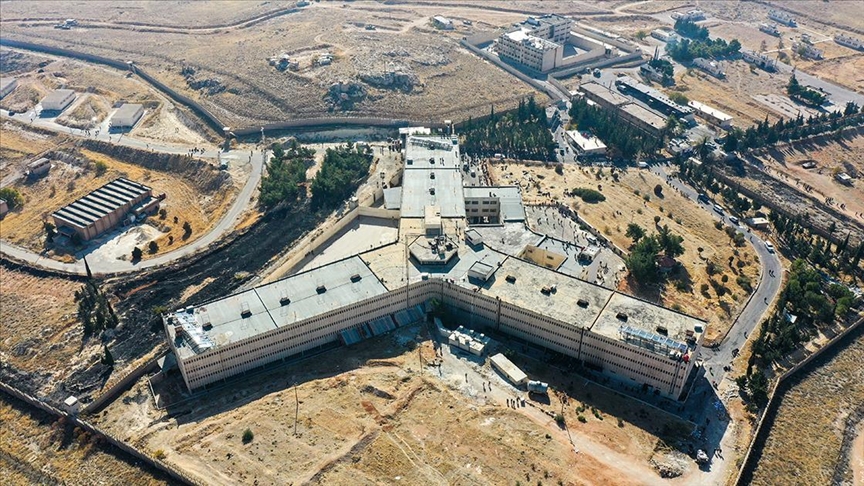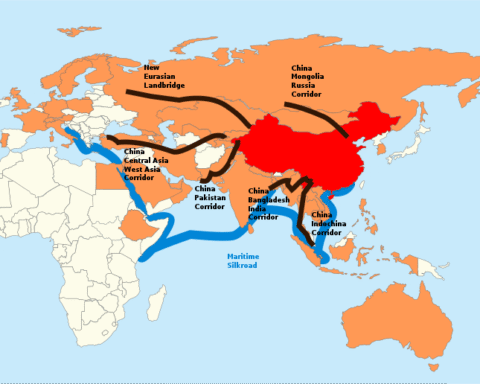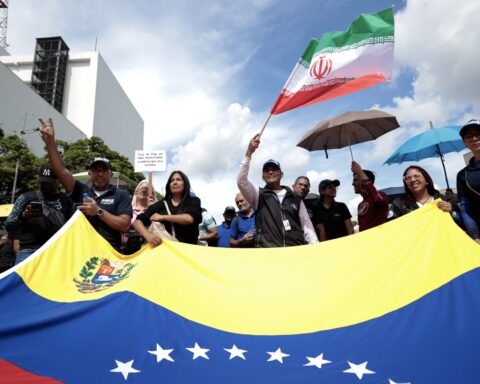Etched into the dark history of Syria, the Assad regime’s most notorious torture center, Sednaya Prison, has emerged once again through a revolutionary operation. Known as the “Human Slaughterhouse”, this prison exposes its appalling secrets one by one, adding an unforgettable chapter of shame to human history. The Holocaust and Auschwitz appear to continue not only in Palestine at the hands of Israel but also in Syria, orchestrated by Assad, Iran, and Russia.
Constructed in 1987, 15 kilometers north of Damascus, Sednaya Prison is now revealing the sordid truths of the Assad regime and its allies, including Iran, Russia, and Hezbollah. Revolutionary forces broke through the colossal iron gates of Sednaya, liberating thousands of prisoners. Yet this liberation led to an even darker nightmare: after days of searching, a secret passage was discovered, leading to a four-story underground torture center. In cells where no light penetrated, exhausted and half-naked prisoners were seen desperately climbing iron bars, screaming for help.
Within this horrifying facility, missing soldiers from the Qassam Brigades, captives abducted by ISIS, KDP Peshmerga fighters, and regime opponents were found. A pilot who refused to bomb civilians in Hama in 1982 was discovered alive after 42 years. This shocking discovery has rekindled hopes that tens of thousands of people, missing for 40-50 years, may still be found in the lower depths of the prison.
Of the three underground levels in Sednaya Prison, only the first basement has been accessed. More than 30,000 prisoners were rescued from this level. However, it is believed that around 110,000 detainees remain trapped in the second and third levels, still awaiting liberation from this nightmare. Security camera footage reveals the prisoners continuing their daily routines, entirely unaware of the outside world or their plight being exposed. Efforts are ongoing to find alternative entry points to access these sealed-off areas.
One woman, freed from Sednaya, recounted being imprisoned at 19 and released at 32. During this time, she struggled to survive with her children, whose fathers she did not know. Another woman, upon hearing the revolutionary forces declare, “Come out, you are free now,” mistrustfully asked, “Where are you taking us this time?”, laying bare the deep scars of the regime’s cruelty and deception.
Many of the freed children were fatherless, born as a result of the regime’s systematic rape policies. Their faces, marked by despair and confusion, mirrored the incomprehensible horror they had endured.
Amnesty International reported that between 2011 and 2015 alone, 13,000 people were secretly executed in Sednaya Prison. Yet, as always, the world turned a blind eye. This number, however, represents only the documented cases; the actual death toll could be far higher.
Sednaya is also known as the “Prison of Silence”. Prisoners are completely isolated, their connection to the outside world severed. A handful of survivors have managed to recount their ordeals to the international community, but the full scale of the horror remains beyond comprehension.
Syrian revolutionaries continue their efforts to penetrate the sealed sections of the prison. One Lebanese prisoner, freed from Sednaya, was so traumatized by the torture he endured that he could no longer remember his own name. These testimonies vividly demonstrate how the Assad regime and its accomplices have abandoned all semblance of humanity.
Whether the international community will once again remain silent in the face of this atrocity remains to be seen. Sednaya Prison has become a symbol of shame not only for Syria but for all of humanity. Assad, his torturers, and their enablers in Iran and Russia must be held accountable and face justice for their barbaric crimes.






